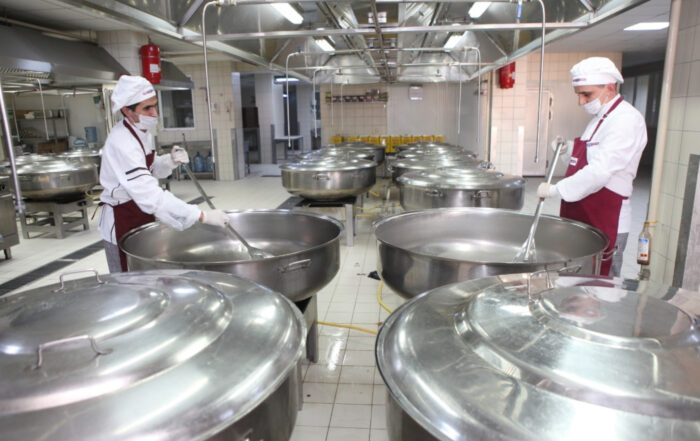
2021 is an important year for Canadian food importers and exporters as enforcement of Preventive Control Plans (PCP), Preventive Controls (PC), and Traceability requirements go into full swing later this year. Even though enforcement began gradually in 2019, food companies were afforded a grace period of over two years to become fully compliant.
In short, regulators require Canadian food importers and exporters to have the PCP, PC, and Traceability to qualify for, and obtain the SFC license. A serious challenge currently facing companies is holding a Safe Food for Canadians (SFC) license without a proper or in some cases no Preventive Control Plan (PCP) in place. Food companies that are presently in this position with food product shipments currently in transit can expect to face scrutiny upon arrival at various Canadian points of entry regarding compliance with SFC license and PCP requirements.
Getting onside with a PCP
It is not enough to develop and declare to CFIA that you have a PCP. Development is just the first step. CFIA requires “compliance evidence” through the plan’s implementation and subsequent records generated. There are several ways to demonstrate plan implementation when the CFIA pays a visit for which below are two examples.
- First, maintain detailed Traceability records. This confirms how well you manage inventory for all your products, for example what was received, where it came from, how much is left in stock, how much has been shipped out and to whom. In general, CFIA expects companies to track the movement of a food or a food commodity, one step back and one step forward. The traceability requirements are applicable to most food businesses that are distributing food products across provincial borders and export to other countries.
- Second, conduct mock or simulation recalls on randomly selected products based on the Recall SOP in the PCP. Running through this type of scenario demonstrates the effectiveness of your recall program by being able to quickly identify affected products through lot numbers, identify suppliers, how much is in your facility, how much was shipped out, who are the customers that have received them and how many units they have each received. Companies are required to keep a record of recall exercises as CFIA require them as evidence of traceability and recall effectiveness.
Prepare for increased CFIA Scrutiny
The CFIA has also taken a shift in their approach to compliance inspections moving from “document-based” to “outcome-based”. As the name implies, the document approach referred to simply a review of documents – this is where the inspection started and ended. The current outcome-based approach goes further by including interviews and asking detailed questions about the SOPs for each of the practices which takes place in parallel with document review. This new practice is designed to help the agency to clearly understand how well the SOPs have been implemented and adhered to.
The key takeaway here is to have your Preventive Control Plan, Traceability, and Preventive Controls (as applicable) in place first, give yourself sufficient time for implementation and record generation, and then afterwards, apply for your SFC license.
Can we help? Contact Us.
If you are a business importing foods into Canada, it is important to start immediately if you have yet to PCP requirements. The experts at MCS associates can support your compliance requirements by working with you to review, create or support the implementation of your plan.







